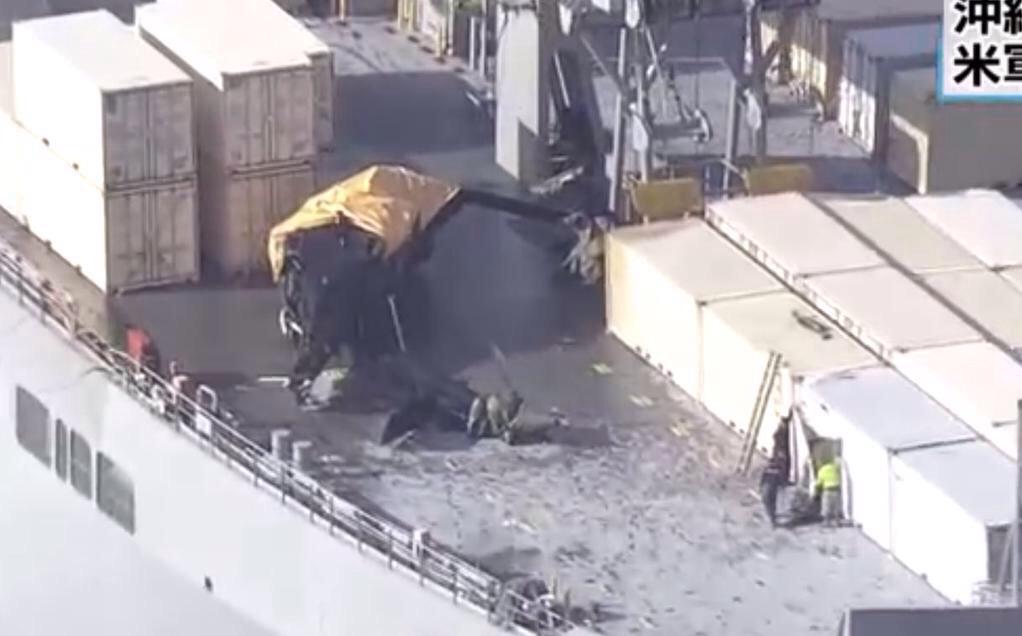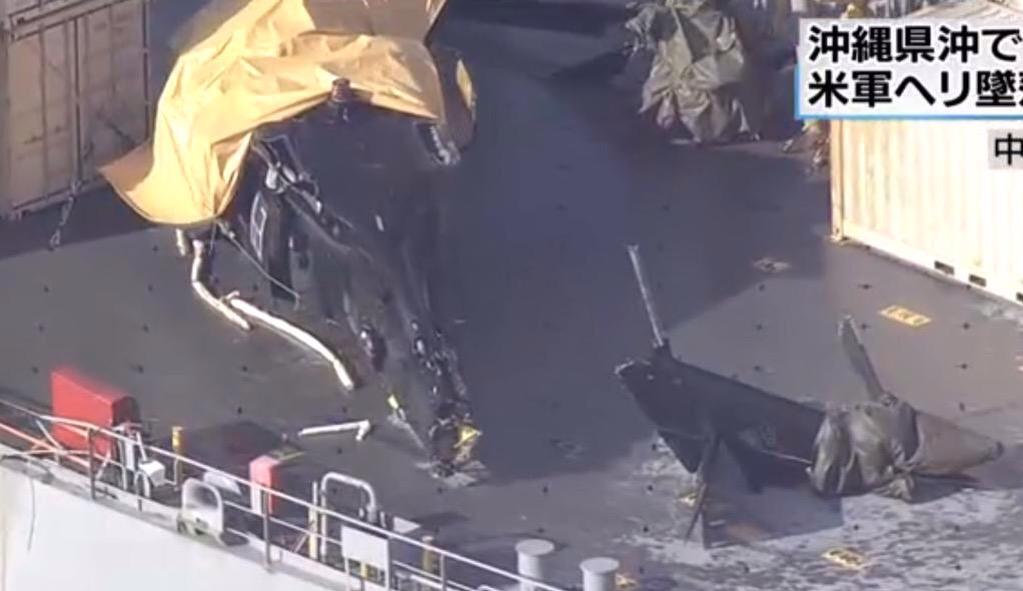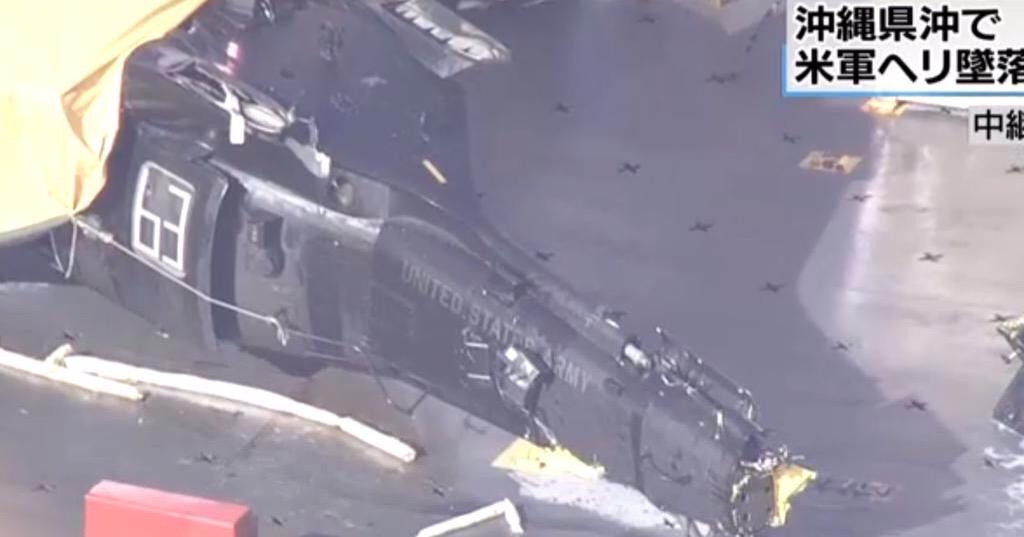(175) 07-18-2015-to-07-24-2015_____****THE****WINDS****of****WAR****
http://www.timebomb2000.com/vb/show...24-2015_____****THE****WINDS****of****WAR****
(176) 07-25-2015-to-07-31-2015_____****THE****WINDS****of****WAR****
http://www.timebomb2000.com/vb/show...31-2015_____****THE****WINDS****of****WAR****
(177) 08-01-2015-to-08-07-2015_____****THE****WINDS****of****WAR****
http://www.timebomb2000.com/vb/show...07-2015_____****THE****WINDS****of****WAR****
_____
For links see article source.....
Posted for fair use.....
http://www.reuters.com/article/2015/08/08/us-mali-violence-idUSKCN0QC18E20150808
World | Sat Aug 8, 2015 3:35pm EDT
Related: World, United Nations, Mali
At least 12 dead as Mali siege ends, some U.N. workers freed
BAMAKO | By Emma Farge and Adama Diarra
At least 12 people were killed during a nearly 24-hour siege of a hotel in central Mali seized by suspected Islamist gunmen that ended on Saturday as security forces stormed the building and released some of the United Nations workers trapped inside.
Four U.N. contractors were freed in the pre-dawn raid, but Mali's U.N. peacekeeping operation MINUSMA said five people associated with the mission had died, while Malian officials counted three hostages dead.
Five soldiers and four gunmen, including one who officials said had been strapped with explosives, were also killed, a Defence Ministry spokesman said.
The gunmen had seized the Byblos Hotel in the town of Sevare, around 600 km (375 miles) northeast of the west African nation's capital Bamako, early on Friday and held off government troops who quickly surrounded the building.
The attack was the latest in what appears to be a growing campaign against Malian soldiers and U.N. personnel by remnants of an al Qaeda-linked insurgency and newly formed local Islamist groups.
Military spokesman Colonel Souleymane Maiga said the early suspicion was that the Massina Liberation Front, whose members are mainly drawn from central Mali's ethnic Peul community, had carried out the attack.
A Sevare resident living near the hotel told Reuters that the security forces had launched their raid between 4 and 5 a.m. (12:00 a.m.-01:00 a.m. EDT), saying: "We didn't hear heavy weapons this time. There was just some small arms fire."
Related Coverage
› Hostages killed in Mali hotel siege from South Africa, Russia, Ukraine
On Friday, Malian forces had used heavy weapons, including rocket-propelled grenades, in a failed attempt to dislodge the gunmen.
The resident and a Malian military source said a special unit of the Malian gendarmes had carried out Saturday's raid.
"THEY WERE HIDING"
MINUSMA spokeswoman Radhia Achouri said four U.N. contractors - two from South Africa along with a Russian and a Ukrainian - had been freed: "At no point were they discovered by the terrorists in the hotel. They were hiding."
She said the five personnel associated with the mission who had been killed were a Nepalese, a South African, two Ukrainians and a Malian.
South Africa's Foreign Ministry confirmed that two of its citizens were safe while a 38-year-old Pretoria resident working for an aviation company contracted to MINUSMA had died.
Malian military and government officials had earlier said three hostages, from South Africa, Russia and Ukraine, had died. Ukraine's Foreign Ministry also said in a statement that one of its citizens was believed to be dead while three others had escaped or been freed.
Seven suspects were arrested in connection with the attack, according to a government statement released late on Friday.
A 2013 French-led military operation drove back Islamist fighters, who had taken advantage of an ethnic Tuareg rebellion and a military coup to seize territory in the north a year earlier.
While the United Nations has managed to broker a tenuous peace agreement between the government and Tuareg separatists, Islamist fighters left out of the negotiations have mounted an insurgency.
Former colonial ruler France and other Western and regional nations fear Islamist fighters could turn the remote region into a launch pad for attacks further afield if they regain power there.
(Additional reporting by Tiemoko Diallo and Souleymane Ag Anara in Bamako, Jason Bush in Moscow, Emmanuel Jarry in Paris, Tiiseto Motsoeneng in Johannesburg and Alessandra Prentice in Kiev; Writing by Joe Bavier; Editing by Kevin Liffey)
http://www.timebomb2000.com/vb/show...24-2015_____****THE****WINDS****of****WAR****
(176) 07-25-2015-to-07-31-2015_____****THE****WINDS****of****WAR****
http://www.timebomb2000.com/vb/show...31-2015_____****THE****WINDS****of****WAR****
(177) 08-01-2015-to-08-07-2015_____****THE****WINDS****of****WAR****
http://www.timebomb2000.com/vb/show...07-2015_____****THE****WINDS****of****WAR****
_____
For links see article source.....
Posted for fair use.....
http://www.reuters.com/article/2015/08/08/us-mali-violence-idUSKCN0QC18E20150808
World | Sat Aug 8, 2015 3:35pm EDT
Related: World, United Nations, Mali
At least 12 dead as Mali siege ends, some U.N. workers freed
BAMAKO | By Emma Farge and Adama Diarra
At least 12 people were killed during a nearly 24-hour siege of a hotel in central Mali seized by suspected Islamist gunmen that ended on Saturday as security forces stormed the building and released some of the United Nations workers trapped inside.
Four U.N. contractors were freed in the pre-dawn raid, but Mali's U.N. peacekeeping operation MINUSMA said five people associated with the mission had died, while Malian officials counted three hostages dead.
Five soldiers and four gunmen, including one who officials said had been strapped with explosives, were also killed, a Defence Ministry spokesman said.
The gunmen had seized the Byblos Hotel in the town of Sevare, around 600 km (375 miles) northeast of the west African nation's capital Bamako, early on Friday and held off government troops who quickly surrounded the building.
The attack was the latest in what appears to be a growing campaign against Malian soldiers and U.N. personnel by remnants of an al Qaeda-linked insurgency and newly formed local Islamist groups.
Military spokesman Colonel Souleymane Maiga said the early suspicion was that the Massina Liberation Front, whose members are mainly drawn from central Mali's ethnic Peul community, had carried out the attack.
A Sevare resident living near the hotel told Reuters that the security forces had launched their raid between 4 and 5 a.m. (12:00 a.m.-01:00 a.m. EDT), saying: "We didn't hear heavy weapons this time. There was just some small arms fire."
Related Coverage
› Hostages killed in Mali hotel siege from South Africa, Russia, Ukraine
On Friday, Malian forces had used heavy weapons, including rocket-propelled grenades, in a failed attempt to dislodge the gunmen.
The resident and a Malian military source said a special unit of the Malian gendarmes had carried out Saturday's raid.
"THEY WERE HIDING"
MINUSMA spokeswoman Radhia Achouri said four U.N. contractors - two from South Africa along with a Russian and a Ukrainian - had been freed: "At no point were they discovered by the terrorists in the hotel. They were hiding."
She said the five personnel associated with the mission who had been killed were a Nepalese, a South African, two Ukrainians and a Malian.
South Africa's Foreign Ministry confirmed that two of its citizens were safe while a 38-year-old Pretoria resident working for an aviation company contracted to MINUSMA had died.
Malian military and government officials had earlier said three hostages, from South Africa, Russia and Ukraine, had died. Ukraine's Foreign Ministry also said in a statement that one of its citizens was believed to be dead while three others had escaped or been freed.
Seven suspects were arrested in connection with the attack, according to a government statement released late on Friday.
A 2013 French-led military operation drove back Islamist fighters, who had taken advantage of an ethnic Tuareg rebellion and a military coup to seize territory in the north a year earlier.
While the United Nations has managed to broker a tenuous peace agreement between the government and Tuareg separatists, Islamist fighters left out of the negotiations have mounted an insurgency.
Former colonial ruler France and other Western and regional nations fear Islamist fighters could turn the remote region into a launch pad for attacks further afield if they regain power there.
(Additional reporting by Tiemoko Diallo and Souleymane Ag Anara in Bamako, Jason Bush in Moscow, Emmanuel Jarry in Paris, Tiiseto Motsoeneng in Johannesburg and Alessandra Prentice in Kiev; Writing by Joe Bavier; Editing by Kevin Liffey)
Last edited:




